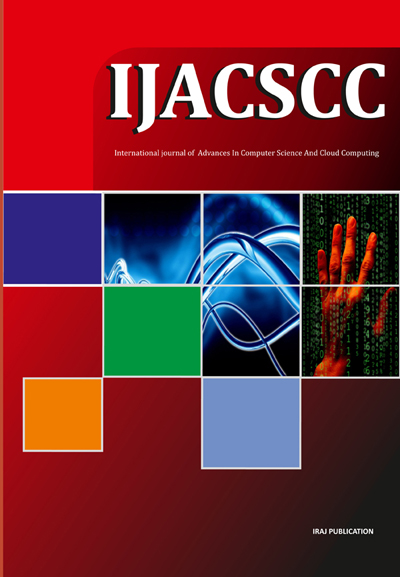Publish In |
International Journal of Advances in Computer Science and Cloud Computing (IJACSCC)-IJACSCC |
 Journal Home Volume Issue |
||||||||
Issue |
Volume-10,Issue-2 ( Nov, 2022 ) | |||||||||
Paper Title |
Machine Learning in Digital Forensic Investigation | |||||||||
Author Name |
Shamik Palit, Chandrima Sinha Roy | |||||||||
Affilition |
||||||||||
Pages |
1-8 | |||||||||
Abstract |
Abstract – This Digital Forensics is fundamental for the fruitful indictment of computer criminals. Although there are several vital steps that got to be considered and taken for successful examination, Digital Forensics faces several challenges at a certain level wherein computerized evidence is developing and growing at a huge scale. There are high-paced advancements in computer science and information technology that enables inventive methods for digital investigations. This when machine learning, a branch of study from the field of artificial intelligence plays an important role in analyzing large amounts of data to reveal any criminal activity. It has an aim to learn the historical activities of the crime to predict and prevent these behaviors in the future. In this paper we will be delving into the application of machine learning algorithms in detecting frauds and where do frauds originate from. For this study, we have considered one of the root causes of fraudulent case i.e. Email Phishing and investigated its traditional methods to detect it. However, the approach can be rectified by implementing machine learning algorithms such as Random Forest and Support Vector Machine (SVM) and deploying a framework introduced here in the coming chapter which will give us the right results by using the performance metrics. Keywords – Digital Forensic, Machine Learning, Machine Learning Algorithms, Fraudulent case, Email Phishing, Random Forest, Support Vector Machine, Precision, Recall, Accuracy | |||||||||
| View Paper | ||||||||||